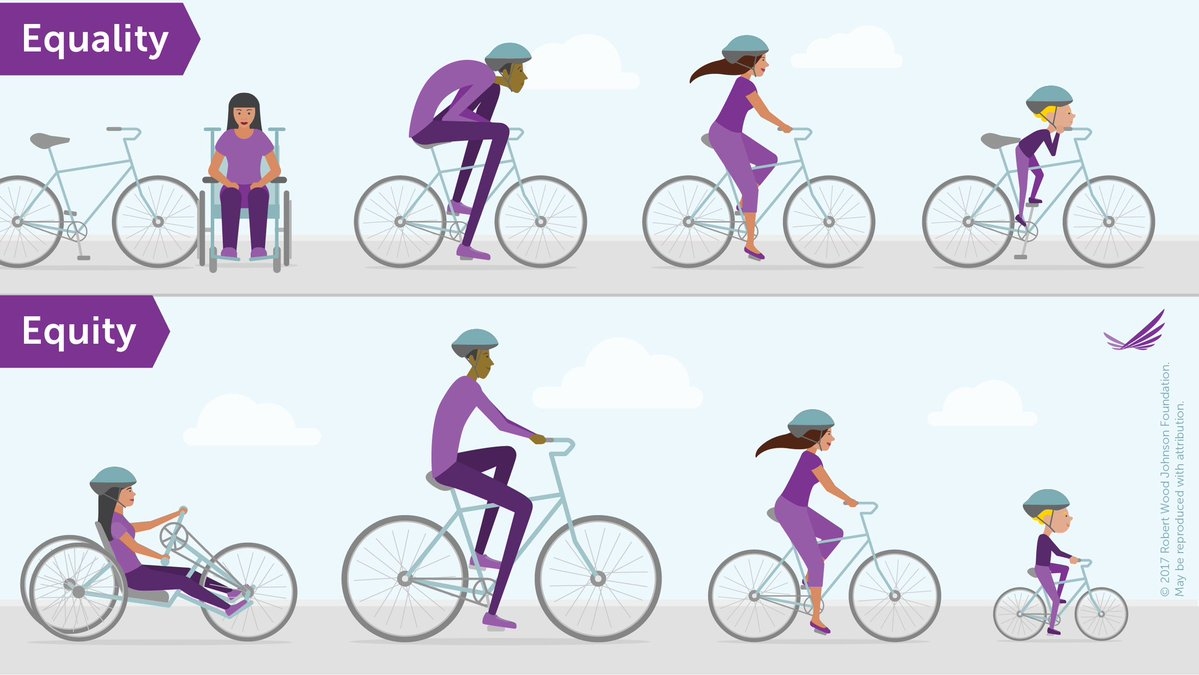What Accommodations Are/Aren't
Accommodation is an adjustment or modification to the academic environment that removes barriers and provides access to a qualified individual with a disability. Accommodations are federally protected legal rights enumerated by Section 504 of the Rehabilitation Act of 1973 and the Americans with Disabilities Act of 1990 and Amendments Act of 2008. All public-facing institutions and services that utilize federal funding must provide an accommodation process that is interactive, least burdensome to the student, and based on the individual, case-by-case nature of each unique request.
Accommodations are:
- Federally protected civil rights necessary to provide access to disabled people
- Adjustments made to the academic or learning environment that create an equitable experience disabled and non-disabled students alike
- Modifications to an inaccessible environment to allow a disabled person to access it (e.g., adding an elevator to allow a wheelchair user to access the second floor of a building)
- Necessary for disabled individuals to live full and complete lives in an inaccessible world that was not built with them in mind
Accommodation is not:
- Special, unearned benefits or advantages or a free handout
- Optional or choices
- Undermining an essential function or technical standard of a program
- Guarantees of successful outcomes – only equal access and opportunity to succeed
- Unfair privileges that allow disabled students to get ahead
Personal Services
Personal services are not considered reasonable accommodations. Institutions are not required to provide students with personal services, per Title II of the ADA .
Common personal services include, but are not limited to childcare, personal care attendants, private tutoring medical devices (mobility devices, hearing aids, eyeglasses, etc.), and personal transportation.
Institutions can refer students to resources that are available to all students, or available within the community such as: academic support services, student health and wellness services, city, or institutional transportation services.
Key Reminders and Tips
An accommodation request that is difficult to implement, costly, or annoying is not necessarily unreasonable. Institutions must follow a thoughtful and deliberative process conducted by individuals with knowledge and experience of the ADA/Section 504.
Faculty and academic programs alone cannot and should not make determinations that an accommodation is reasonable or unreasonable. They should consult their disability services professional (DSP) on campus if a question regarding the reasonableness of a particular accommodation arises. The DSP can facilitate a process that is in alignment with the compliance requirements of the ADA/Section 504.
Common Pitfalls
The following are not adequate justification to not provide accommodations:
- “This request is difficult to implement”
- “This student just asks for too many things”
- “The request doesn’t follow policy or asks to modify a policy”
- Note that an accommodation request is a request to modify a policy, procedure, or requirement. Just because something exists in policy does not mean it cannot be requested to be modified as part of an accommodation process.
- “We’ve never done it this way before”
- “We don’t have the staff”
- “We don’t have the budget”
- “The student was rude”
- “The request violates my academic freedom”
- “The request will allow a student to cheat”
- “This is unfair for other students”
- “They won’t get this accommodation at their job, so we shouldn’t give it to them now”
If you have any questions about accommodations, please do not hesitate to contact the ODAI office to discuss with an Access Coordinator.
This resource was adapted from a Handout created by Jennifer Gossett, MS the ADA/504 Compliance Manager for Portland Community College for the 2022 Coalition for Disability Access in Health Science Education Symposium.
